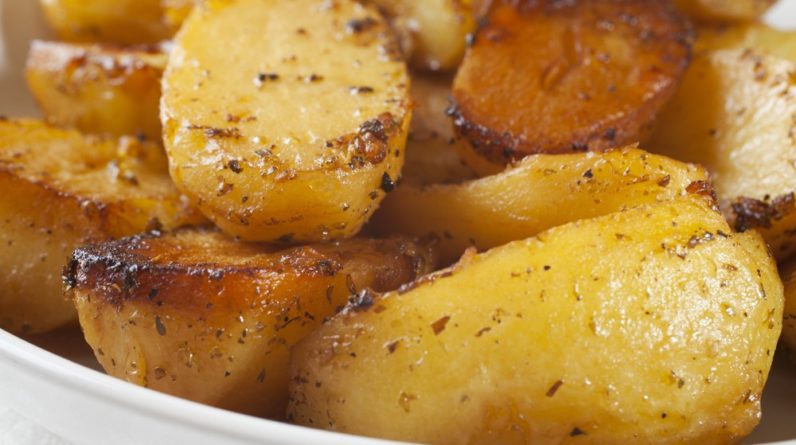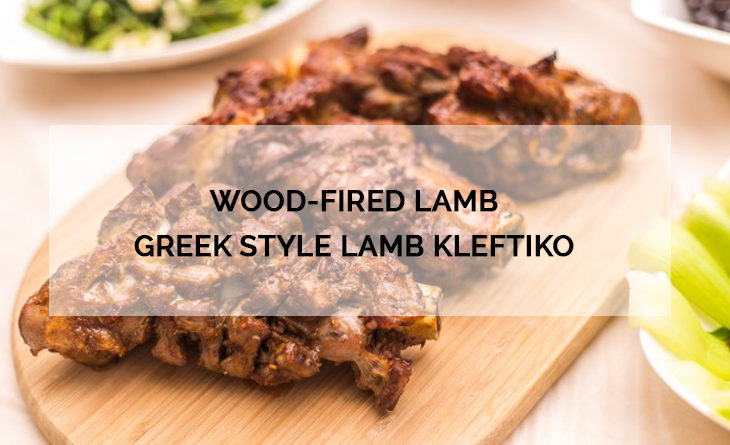
What makes a wood-fired pizza oven better than an electrical vat or gas-burning unit? Well, there’s a certain psychological satisfaction involved in wood cooking. It evokes both the puerile pleasure of camping and the primal passion of our cave-dwelling ancestors. Of course all this excitement dries out when it’s time to clean the oven. Or when your logs caught a drizzle and refuse to light. Or when you’re coughing and sputtering, your eyes red and teary from smoke. But if you can live with all that, your pizza oven will be your greatest treasure.
Besides, all the drama evaporates from memory once you sink your teeth into that first bite. Oven-cooked food has a rich, smoky flavour that you can only get from outdoor cooking with raw, unprocessed wood. Of course your oven can function on wood pellets and charcoal briquettes as well, so your choice of fuel has some wiggle room. Also, you can buy fruitwood to give your food that added touch of flavour. Pick the right wood for your dish. As a general guide, white meat needs light, sweet wood, like apple, pear, or peach.
Red meat works better with darker fruitwoods – hickory, oak, maple, or pecan. Mesquite has a bitter taste that’s somewhat harsh, so it pairs well with intense chilli dishes. And if you haven’t explored the versatility of your pizza oven, you should. It can do so much more than pizza. Here are some Greek dishes you can try out – though what makes a dish ‘Greek’ is debatable. Is it where the dish is thought to hail from … or is it more about the ingredients?
Greek potatoes
According to foodies, these crispy oven-roasts go well with souvlaki and Greek salad. Souvlakia (that’s more than one souvlaki) are a type of Greek kebab. They’re made by skewering meat (mostly pork) and vegetables, and you can make them in the oven as well. Roast your souvlakia at the same time as your potatoes so they can infuse each other with flavour. To make the souvlaki, marinate your meat overnight in a mix of red wine vinegar, olive oil, parsley, oregano, garlic, onion, mint, and black pepper. If you’re short on time, leave the meat cubes in the marinade for at least two hours before skewering and roasting.
To go with your souvlakia, make (or buy) tzatziki sauce for dip. It’s easy. Just take some Greek yoghurt – it has a thick, solid texture, is firmer than regular yoghurt and its consistency is closer to soft-serve ice cream than conventional yoghurt. Whisk your yoghurt with lemon zest, minced garlic, grated cucumber, chopped dill, chopped mint, and – if you like – a little olive oil. Chill the sauce as a nice contrast to your steaming souvlakia.
Now for the potatoes. Peel them and dice them, or cut them into wedges. Drizzle them with olive oil, lemon juice, or both, depending on your flavour preference. The amount of oil you use will influence how crispy your oven result will be. You can use an air fryer, but it won’t have the smoky flavour that comes from roasting them in your pizza oven. Either way, add oregano, salt, and black pepper. Put your potatoes in an oven-proof dish and put it into the oven. You can pour chicken stock over your potatoes, but you don’t have to.
Add some vegetables
Souvlakia only need to roast for four or five minutes, and you can turn them halfway through. The potatoes will need about an hour to be fully cooked. Check them with a toothpick to be sure. The tzatziki doesn’t go in the oven at all. To give your Greek meal a healthy touch, you could serve Greek salad. Ingredients include red inions, romaine lettuce, (different) coloured bell peppers, tomatoes, cucumbers, olives, feta cheese, oregano, olive oil, and black pepper. Crumble the cheese for best results.
Now then, seeing as your outdoor oven has pizza in its name, you should probably use it for pizza on occasion. So here’s a quick Greek pizza recipe. Depending on how ambitious you are, you can make the dough from scratch or use store-bought pizza base. Generously pour marinara sauce or crushed tomatoes on the pizza dough. The sauce shouldn’t be too moist or it’ll make your pizza soggy, so if you’re using canned tomatoes, drain them first.
The rest of your toppings are Kalamata olives, feta, mozzarella, oregano, artichoke, red bell peppers, basil, and flaked red pepper. You can pre-roast the bell pepper and marinate the artichoke beforehand. If you want to go all out, you can make some Greek desserts as well. They have deliciously exotic names like protanopia (orange and cinnamon cake baked with yoghurt), galaktoboureko (custard pie), and millimicron (honey syrup walnut cookies). Kalí óreksi!






